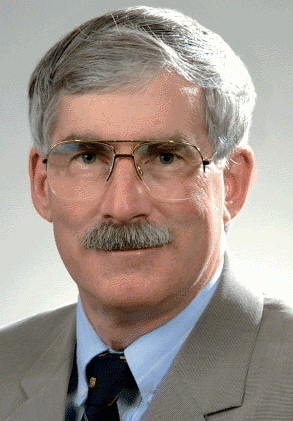Each month, Product Watch offers readers the latest information on new and innovative products for otolaryngologists-head and neck surgeons.
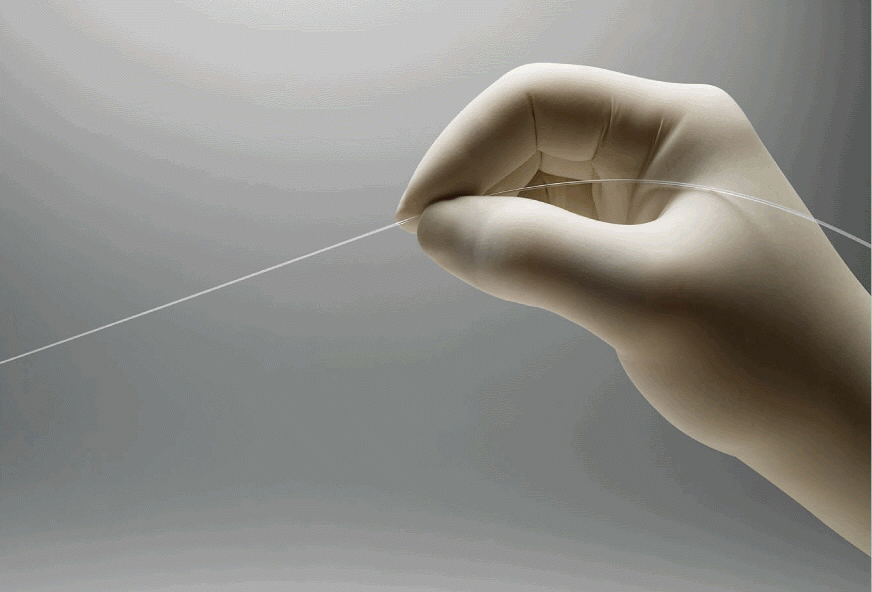

Each month, Product Watch offers readers the latest information on new and innovative products for otolaryngologists-head and neck surgeons.
Hearing aids-external electronic devices used to help individuals with hearing loss-traditionally consist of a microphone, an analog-to-digital converter, a digital signal processor, a digital-to-analog converter, and a receiver that delivers an acoustic signal into the external auditory canal. In 2008, 97% of all hearing aids sold used digital processing. Catherine V. Palmer, PhD, provides a review of current digital hearing aids.
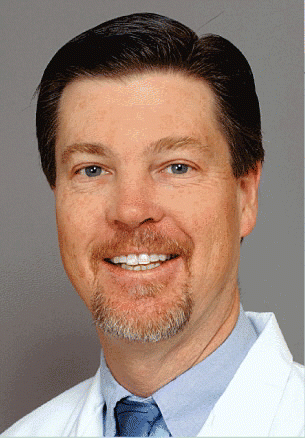
SAN DIEGO-Hearing aids can become a reliable source of ancillary income for otolaryngologists, according to four speakers in the miniseminar, Hearing Aids: The Dollars and Cents of Dispensing, presented at the annual meeting of the American Academy of Otolaryngology-Head and Neck Surgery (AAO-HNS).
When a 30-year-old woman from Colombia who had had severe stenosis from airway tuberculosis was referred to the University College London Centre for Stem Cells and Regenerative Medicine, there were more questions than answers.
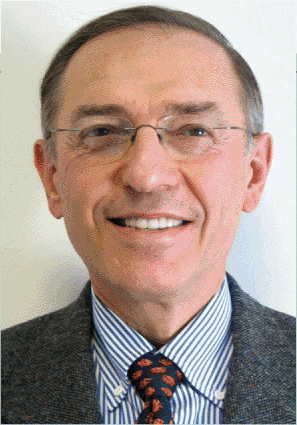
Injection laryngoplasty (IL) performed in the office with the patient awake yields similar results as when it is performed with the patient asleep, researchers have found in a case-control study.
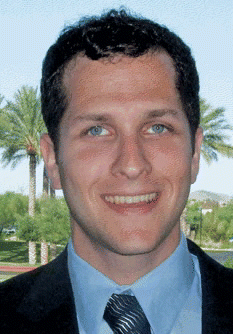
PHOENIX-Medical students who use computer-assisted learning (CAL) when learning epistaxis management have superior performance over their counterparts who simply go by the book.
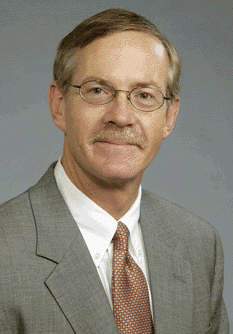
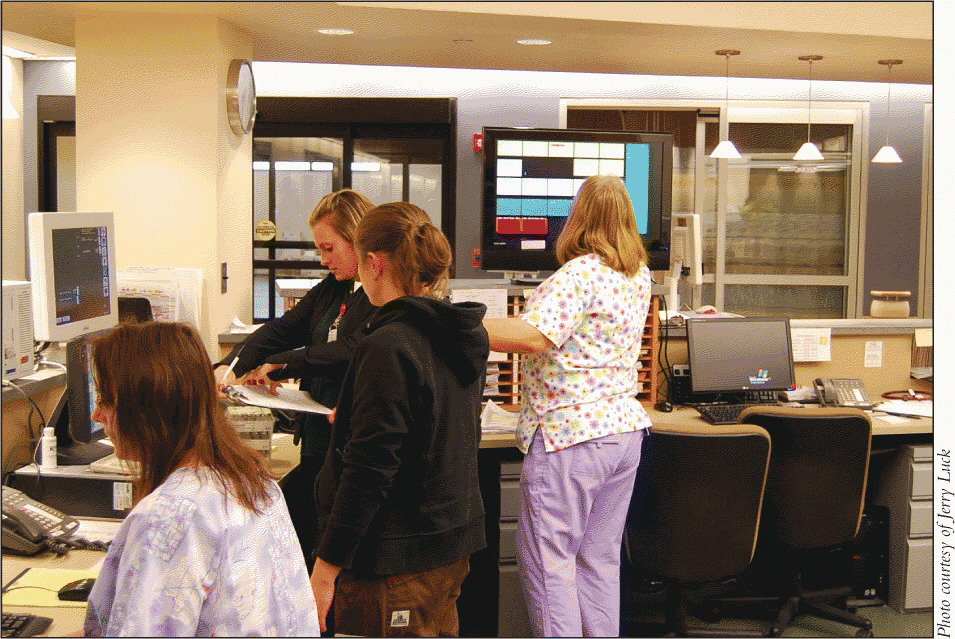
Implementing electronic health records (EHRs) for all 633,000 physicians and 5708 hospitals in the United States is a daunting task, and one that is being nudged forward by Team Obama’s $19 billion stimulus plan earmarked to help health care providers to switch to EHRs.
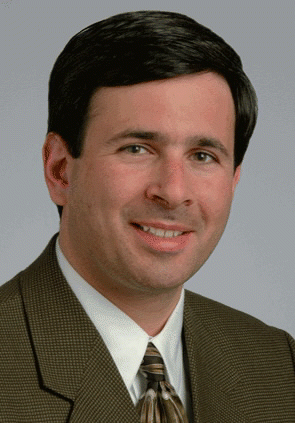
PHILADELPHIA-Constantly advancing computer technology in rhinologic surgery leads to the possibility of better patient care, but also can mean difficult decisions for surgeons weighing whether to make an expensive purchase. Three surgeons gathered to discuss some of the nuances of the technology in a mini seminar at Rhinology World 2009.
